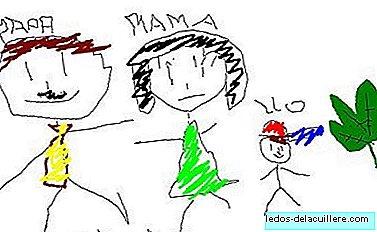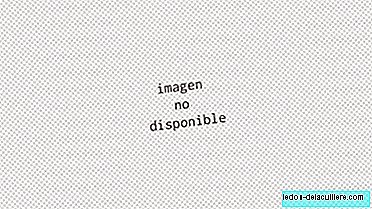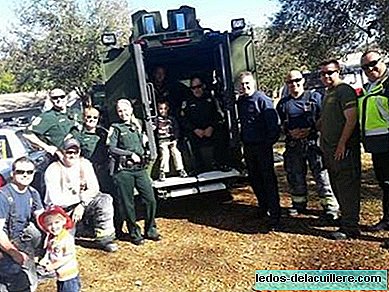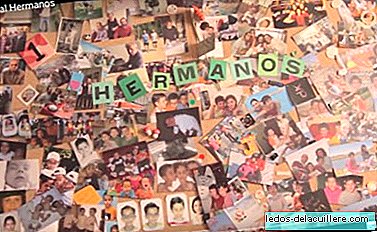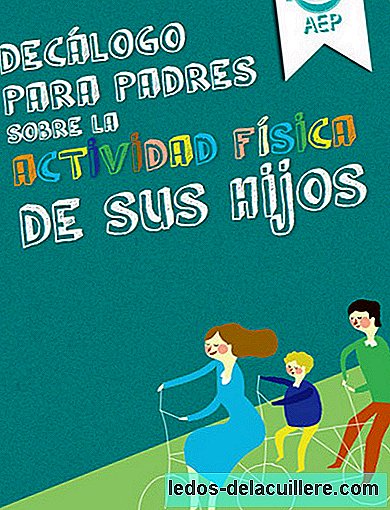
Performing physical activity is as important as eating a healthy diet. Sometimes the lifestyle makes it difficult for us to find a place to practice exercise, but it is important that we incorporate it into our lives and that of our children naturally.
There is nothing better than the example we can give parents. Therefore, if we are active, children will be too. The Physical Activity Group of the Spanish Association of Pediatrics has prepared a Decalogue for parents about the physical activity of their children with a series of recommendations that we must follow so that our children adopt physical activity as a way of life.
Physical activity in childhood has great benefits. It helps prevent heart disease, psychological disorders, bone diseases and some cancers, and of course to prevent and treat childhood obesity, for which physical exercise is believed to be better than diets.
In addition, physical exercise and the practice of sports contributes to socialization, the integration of the child, fostering positive values and acquiring healthy lifestyle habits.
The ten tips that parents should follow about their children's physical activity are:
1) The moderate or vigorous physical activity for a minimum of 60 minutes daily, can be divided into two or more sessions, mostly aerobic and interspersing vigorous activities for muscle and bone strengthening 3 times a week. Physical activity for more than 60 minutes brings additional health benefits.
2) No to sedentary lifestyle. Any type of daily activity is better than the sedentary option. Walk, use the bike and go up the stairs. Ensures study and learning time. Limit time in front of the TV and other electronic devices.
3) Fun and play. Group, fun and outdoor activities are preferable.
4) Security. The physical environment must be adequate and safe. Heed the safety rules for the practice of sport.
5) In any health condition. The physical activity adapted to each situation globally improves the state of health and evolution of children with chronic disease and disability.
6) Habit Matter. The practice of physical exercise should be a healthy habit since childhood. Habits are easily maintained over time and are missed when they are missing.
7) Priority Activity. Incorporate physical exercise between your child's daily activities. Take advantage of extracurricular activities and invest in your health.
8) Set an example. Do physical exercise and plan family activities if you want your child to be active.
9) Hydration. Ensures the contribution of liquids, especially when the activities are intense and the environment is hot.
10) Varied and balanced diet. Fundamental pillar for health along with physical activity.


